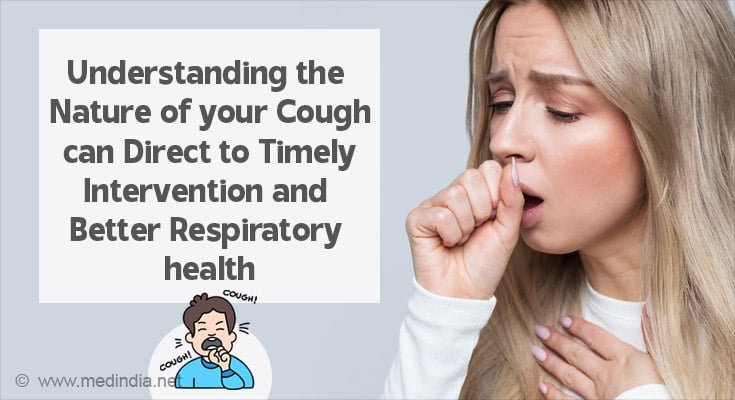Why Do I Still Have Cough, Weeks After Recovering from Cold?

- Post-infectious coughs affects 11%-25% of adults, typically lasting 3-8 weeks
- Differentiating between benign coughs and serious respiratory issues is crucial
- Seeking medical attention for persistent symptoms ensures proper diagnosis and treatment
Have you experienced a lingering cough even after recuperating from a cold? This scenario, termed as a post-infectious cough, is prevalent among adults, affecting approximately 11% to 25% of individuals, according to a publication in the Canadian Medical Association Journal.
Post-infectious coughs stem from respiratory tract infections induced by viruses like the common cold. As explained by specialists such as Omid Mehdizadeh, MD, an otolaryngologist (ENT) and laryngologist, the persistent cough results from heightened inflammation within the respiratory system, encompassing the nose, throat, vocal cords, and lungs. This inflammation increases the sensitivity of bronchial tubes and elevates mucus production, impeding its proper clearance. Consequently, individuals may endure a persistent cough lasting between three to eight weeks (1✔ ✔Trusted Source
Postinfectious cough in adults
).
Advertisement
Managing Post-Infectious Coughs
Dr. Chantel Strachan, a Primary Care Physician and Internist, underscores that post-infectious coughs are generally benign yet can pose physical discomfort and social inconvenience. Employing conservative treatments such as over-the-counter cough suppressants, intranasal steroids for postnasal drip, humidifiers, and lozenges can alleviate symptoms. Nonetheless, there’s no substantiated evidence supporting the use of antibiotics or steroids for post-infectious coughs.
Advertisement
Recognizing Serious Symptoms
It’s imperative to differentiate between a post-infectious cough and more severe respiratory ailments. While a dry, hacking cough characterizes a post-infectious cough, symptoms like breathlessness, chest pain, fever, bloody mucus, difficulty swallowing, or noisy breathing necessitate medical evaluation. These indicators may signify underlying conditions like pneumonia, asthma, or COPD.
.
Advertisement
When to Seek Medical Attention?
If symptoms persist beyond eight weeks or if red-flag symptoms emerge, individuals should seek medical assessment. Red-flag symptoms encompass wet coughs, bloody mucus, breathing difficulties, chest pain, fever, and swallowing issues. In such instances, a chest x-ray or pulmonary function test may be warranted to exclude severe conditions.
Post-infectious coughs are commonplace following respiratory infections like the common cold, impacting a significant proportion of adults. While symptoms typically resolve within three to eight weeks without prescription treatments, over-the-counter medications can alleviate discomfort. Nevertheless, recognizing persistant symptoms suggest a severe underlying issue. Prompt medical consultation for persistent or alarming symptoms ensures appropriate diagnosis and treatment, fostering respiratory wellness and overall health.
Reference:
- Postinfectious cough in adults – (https://www.cmaj.ca/content/196/5/E157)
Source-Medindia
Source link
#Cough #Weeks #Recovering #Cold



